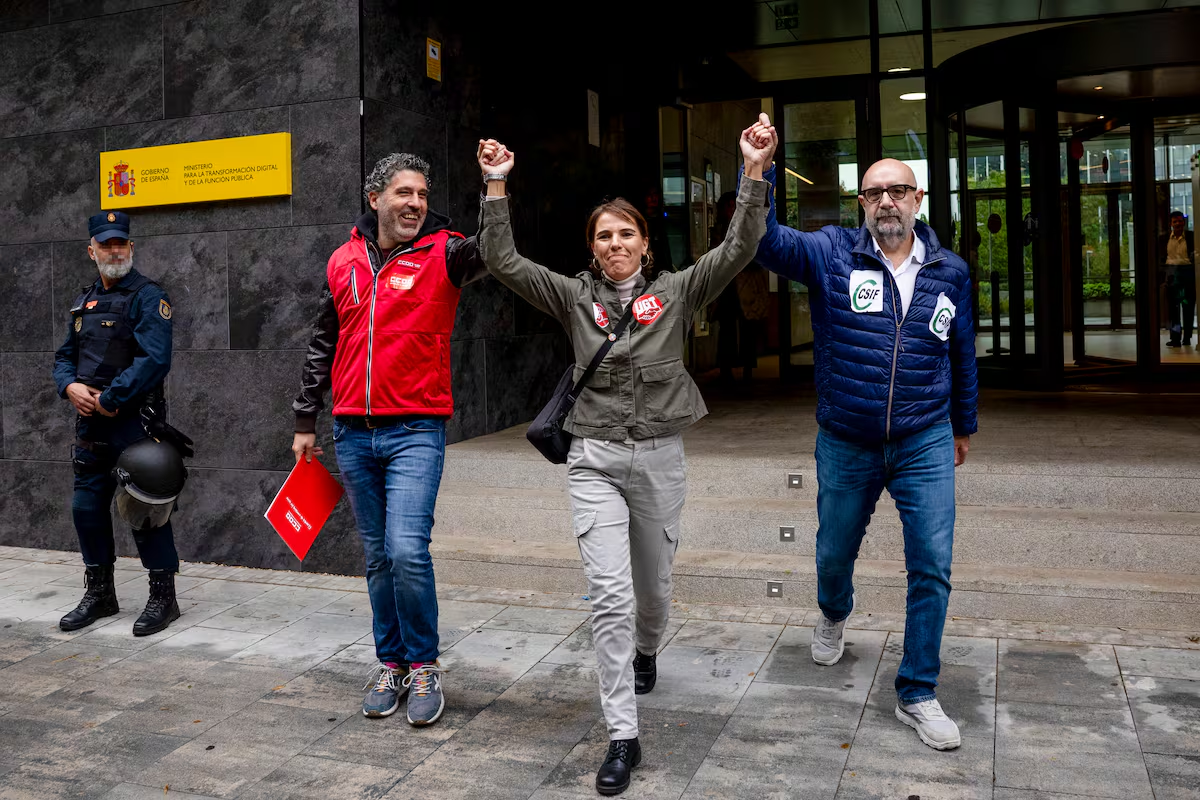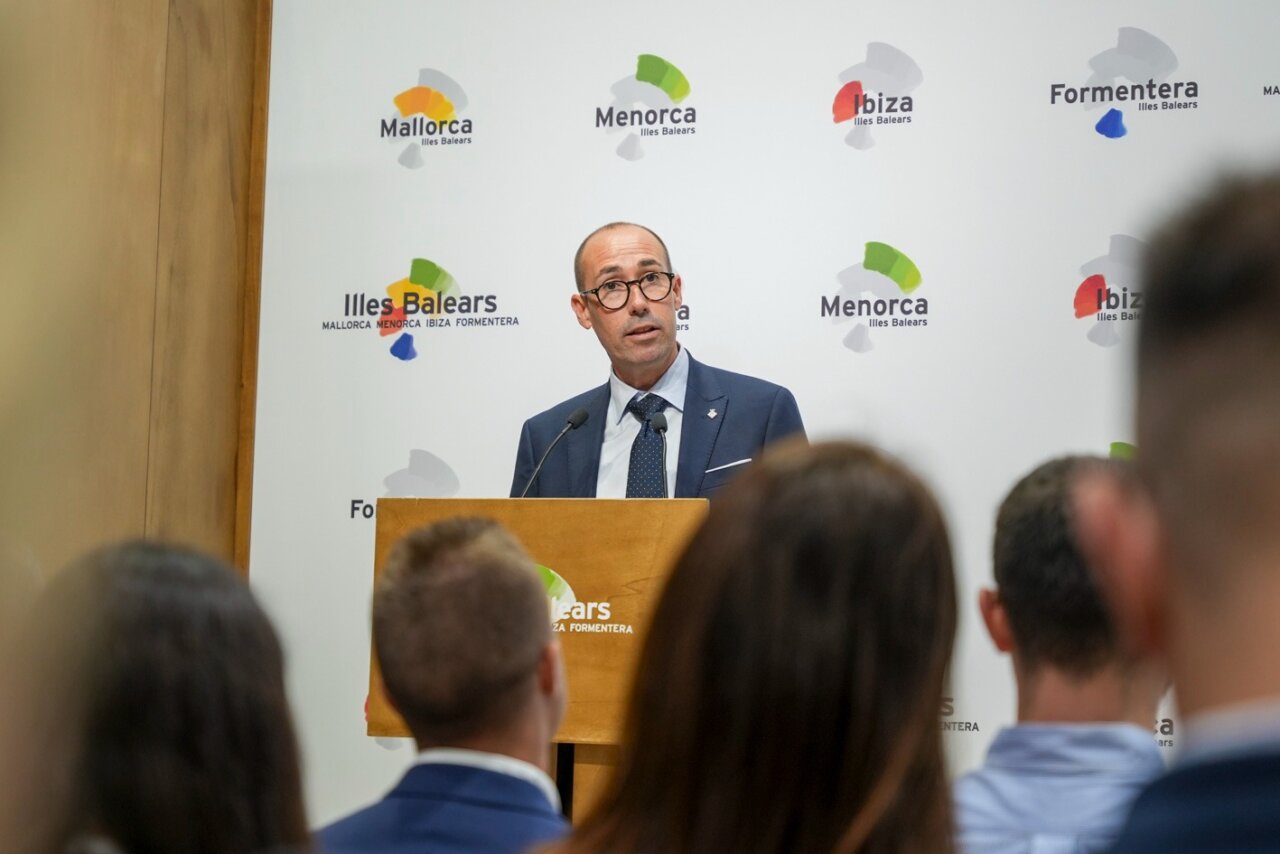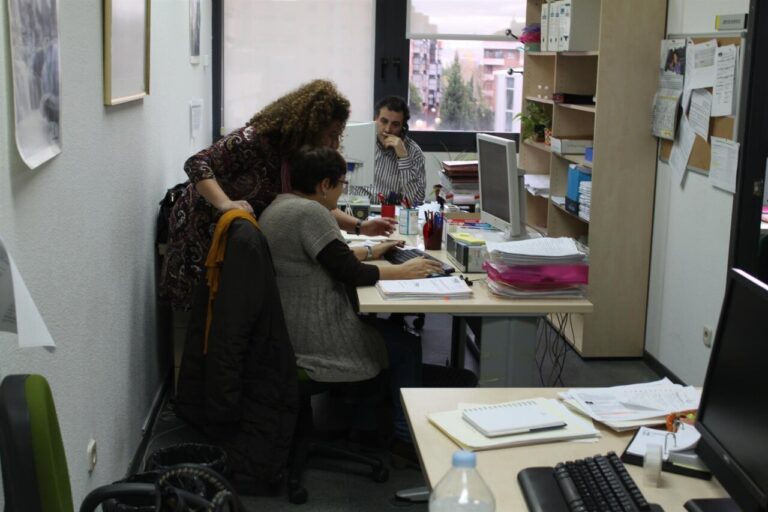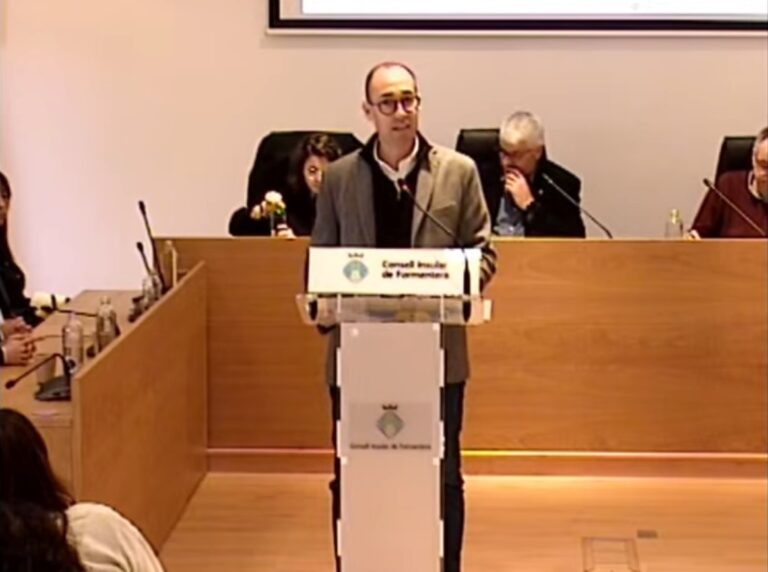The Government has put on the table a proposal to raise the salary of civil servants until 2028, with the aim of not losing purchasing power in the face of inflation. This was put forward by the Ministry of Public Function at the meeting held this Wednesday with the main public sector unions(CSIF, UGT and CC OO), where the negotiation framework that will affect 3.5 million public employees was addressed.
The Executive’s proposal contemplates a multi-year increase that would include a fixed and a variable component, following the model already applied in the agreement in force between 2022 and 2024. Although the figures have not yet been specified, the Ministry has guaranteed that salaries will grow at least as much as prices, to prevent public workers from seeing their purchasing power reduced.
A rise linked to CPI and economic growth
In a statement following the meeting, Función Pública explained that the objective of the new agreement is to “establish a multi-year framework that includes salary increases linked to a fixed and a variable component, so that public employees do not lose purchasing power“.
This model is similar to that of the 2022-2024 agreement, in which part of the wage increase was linked to the Consumer Price Index (CPI) and the other to the evolution of the Gross Domestic Product (GDP). In its last year-on-year figure, the CPI showed an increase of 3.1%, which gives the Executive the margin to propose equivalent increases.
Sources involved in the negotiation point out that the Civil Service is still waiting to know the budgetary margin granted by the Ministry of Finance, before being able to specify the final figures. The next meeting between both parties will be held on November 19, when the Government is expected to provide a detailed economic proposal.
Trade unions demand that 2025 should not be “a blank year”.
Although the unions appreciated the start of the dialogue, they insisted that there cannot be a wage freeze in 2025, the year between the end of the previous agreement and the start of the new pact.
“In the wage block we thought that there could be something today, but we have been told that they are not in a position to give some figures. What we have made clear to all the trade union organizations is that the year 2025 must have a clearly differentiated wage increase. It cannot remain as a year of freezing. “said Isabel Araque, UGT representative.
The previous salary agreement for civil servants, signed by UGT and CC OO but not by CSIF, contemplated increases between 2022 and 2024, with increases linked to the CPI and the evolution of the economy. Once this framework is fulfilled, the unions demand an immediate continuity so that public workers do not see the increase in their salaries interrupted.
Araque also stressed that the negotiating table is structured in three main blocks: wages, employment and labor rights. “The first meeting has not been bad,” he acknowledged, although he insisted that “numerical concreteness is essential.”
CC OO accuses the Government of being “late” in the negotiations
From the CC OO, union member Lucho Palazzo regretted that the Government has delayed the start of the talks, hiding behind the preparation of the General State Budget.
“The government is late to this negotiation,” warned Palazzo. “With the economic data that this country has, with the Executive saying that we are going like a shot, it is not acceptable that we have 3.5 million public employees with their salary frozen.”
The trade unionist insisted that wage bargaining must be made independent of the budget calendar, especially in the face of the political uncertainty that hinders the approval of the new Budgets. “We cannot depend on parliamentary gridlock. Public employees must not pay the price for political paralysis. “he said.
CSIF calls for labor improvements and retroactive effect for 2025
For his part, Francisco Lama, representative of the CSIF union, welcomed the start of the negotiations, although he expressed his concern at the lack of concrete figures at this first meeting.
“We demand improvements in retirement, working hours and teleworking. And we want the agreement to have retroactive effects applicable to the whole of 2025. “Lama pointed out.
CSIF, which did not sign the previous wage agreement because it considered it insufficient to compensate for the loss of purchasing power in the face of inflation, now maintains a cautious stance. However, the union warns that it could call for demonstrations if the government does not make its offer soon.
“We do not want civil servants to continue to be the forgotten ones of the Administration. Their efforts during the pandemic and in essential public services deserve real recognition, not just words. “insisted Lama.
A plan beyond salary: rights and organization
The Ministry of Civil Service, headed by Óscar López, has announced that the future pact with the trade unions will not be limited to salary issues.
“The agreement that Función Pública wants to reach also contemplates a set of organizational improvements and measures to advance in the consolidation of public employees’ rights,” the department said in a statement.
Among the points that could be addressed are labor flexibility, teleworking, reduced working hours and improved performance evaluation systems.
A key agreement for more than three million public employees
In total, the negotiation will affect some 3.5 million public workers, including both employees of the General State Administration and those of autonomous communities and local entities.
The Executive seeks a multi-year pact (2026-2028) that guarantees stability in salaries in a still uncertain economic context. For the unions, however, the agreement must also include the year 2025 and reflect a real commitment to maintaining purchasing power.











